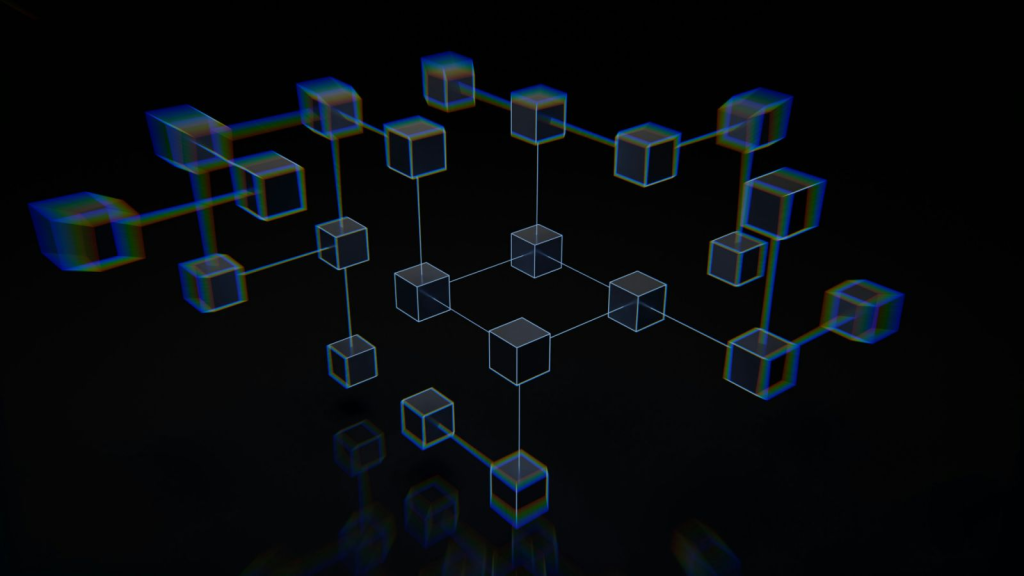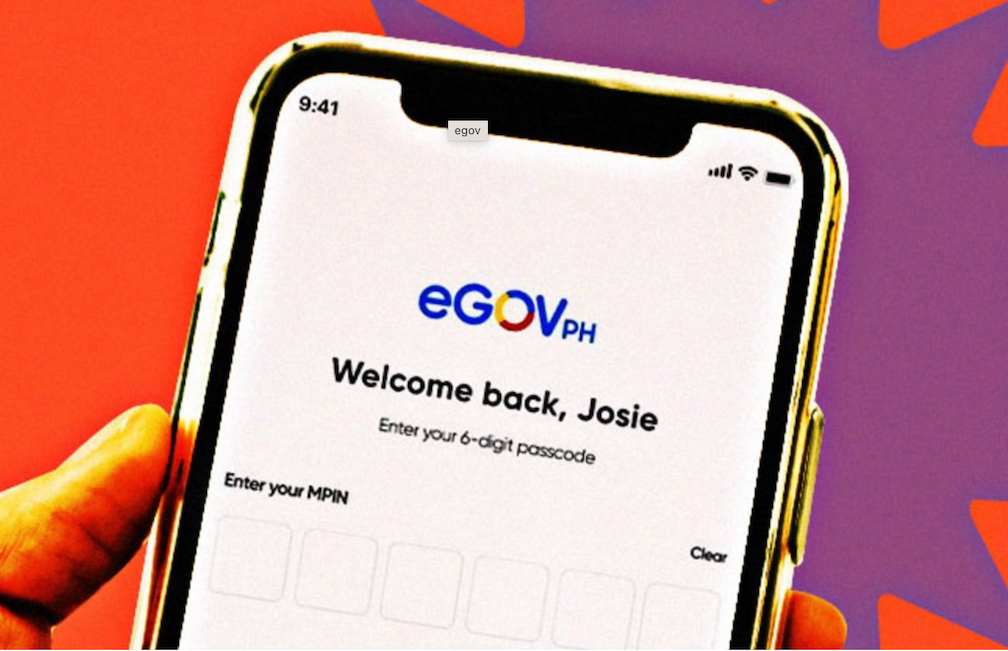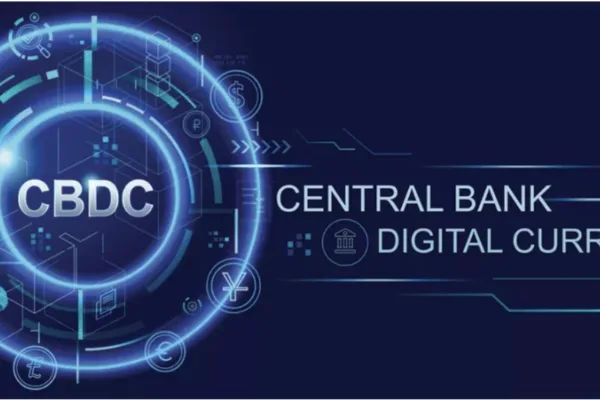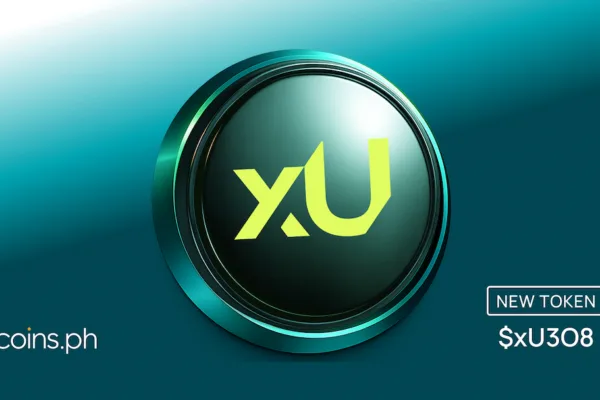Special Report by Arianna Aguiluz, Correspondent
In the wake of recent corruption scandals, Senator Bam Aquino officially filed Senate Bill No. 133, which proposes the development of a National Budget Blockchain System “to strengthen transparency, accountability, and public participation in the country’s budget process.”
Since this new technology has the potential to change the country’s political landscape, this naturally raises the question: what is a blockchain and how can it promote transparency in governance?
What is blockchain technology?
At its core, a blockchain is a digital ledger that records transactions in blocks of data, decentralized across a network of computers, immutable upon entry, and accessible by all network participants.
What do we mean by this?

(The foundational structure of blockchain: secure, linked, and transparent / CREDIT: Shubham Dhage)
Beginning with decentralization, this refers to how blockchain technology is managed across a distributed database. Network participants verify the data in a blockchain system, which makes it extremely difficult for a single entity to edit or manipulate information.
Since data in a blockchain is almost impossible to tamper with, this makes the system practically immutable. This is because blockchain technology utilizes cryptographic hashing, which embeds the “hash” or digital fingerprint of previous blocks of data into current ones. This is how they become linked together like a chain. Combining these features is what makes blockchain systems secure and transparent.
Global use of blockchain in governance
Nations across the globe have already recognized the potential of blockchain systems and have implemented them in their governments. Guinea-Bissau, Australia, and the United Arab Emirates (UAE), for instance, are using blockchain systems for government financial transactions such as clearing settlements and public wage management.
Having seen a lot of success, these countries have expressed the desire to fully integrate blockchain into their government’s operations in the future.

(The UAE, known for its futuristic skyline, is also a global leader in adopting blockchain for government financial transactions / CREDIT: Aleksandar Pasaric)
However, blockchain systems are not limited to financial transactions — they can also be used for any kind of data.
As an example, Georgia and Sweden are using blockchain systems for managing land ownership and property transactions. South Korea and Qatar, on the other hand, have been exploring the use of this technology for digital identities.

(Estonia is considered one of the world’s most advanced digital societies, using blockchain to secure everything from health records to legislative processes. / CREDIT: Marlene Leppänen)
Ahead of the curve are countries like Estonia and Singapore, having adopted the technology across different government services such as health, judicial, legislative, and security.
Current progress of the Philippines
Over the last few years, the Philippines has shown interest in exploring blockchain technology in governance. During the National Election Summit in 2023, for example, software company Bayanichain proposed the idea of integrating blockchain technology into electoral processes.
Building on this, blockchain technology saw significant progress in 2024, including the development of legal frameworks on electoral notarization and the Department of Information and Communications Technology’s eGOVCHAIN.

However, this year marked major milestones for blockchain technology in governance. For instance, the Department of Budget and Management (DBM) officially launched its new blockchain application in July 2025, which will be used to secure and verify budget documents.
A more recent development is the Integrity Chain Blockchain System, which will be used for transactions from the Department of Public Works and Highways (DPWH), a department often scrutinized for corruption.
This is only the beginning. With proposed legislation such as Senator Bam Aquino’s Senate Bill No.133 and Congressman Barba’s House Bill 4075, the groundwork is being laid for even wider adoption of blockchain technology in the Philippines’ future.
Is blockchain technology the future of governance?
As the Philippines grapples with rampant corruption, blockchain systems emerge as a potential solution for achieving good governance.
With robust features designed for security and transparency, blockchain technology holds the power to redefine Philippine governance. However, only time will tell whether the promise of blockchain technology can become a reality.
For a nation demanding accountability, it is a technological promise worth watching.








